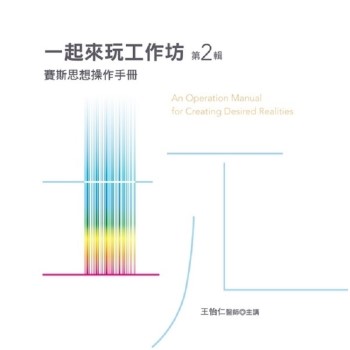This book considers what is needed for water, sanitation, and hygiene services (WASH) in the Middle East to adapt to the growing challenges of climate change.
Looking across the region’s humanitarian and development sectors, the authors advocate for a transformative approach towards more innovative, integrated, and localized programming. COVID-19 was a wake-up call, exposing how quickly global humanitarian needs can change. Climate change is already causing devastation around the world, and the impacts are often most particularly felt through water, which is linked to drought, famine, and conflict, amongst other problems. This book argues that there is currently a window of opportunity for WASH practitioners to develop broader, multi-sectoral experience, and new hard and soft skills to meet these challenges. Bringing together a comprehensive set of clear, modern case studies from Iraq, Yemen and Palestine, this book considers the potential of new innovations and technologies, and analyzes the institutional, financial, technical, environmental, and socio-cultural considerations for creating sustainable WASH services in transition. The book concludes by outlining practical actions for both humanitarian and development organizations at the national, regional, and global level, to support effective integrated and transitional WASH programming in the future.
Emphasizing the urgent need for a Humanitarian-Development-Peace nexus approach, this book will be perfect for WASH practitioners looking for examples of best practice, as well as for researchers and students across international development and humanitarian studies courses as they discuss the future of the WASH field.











